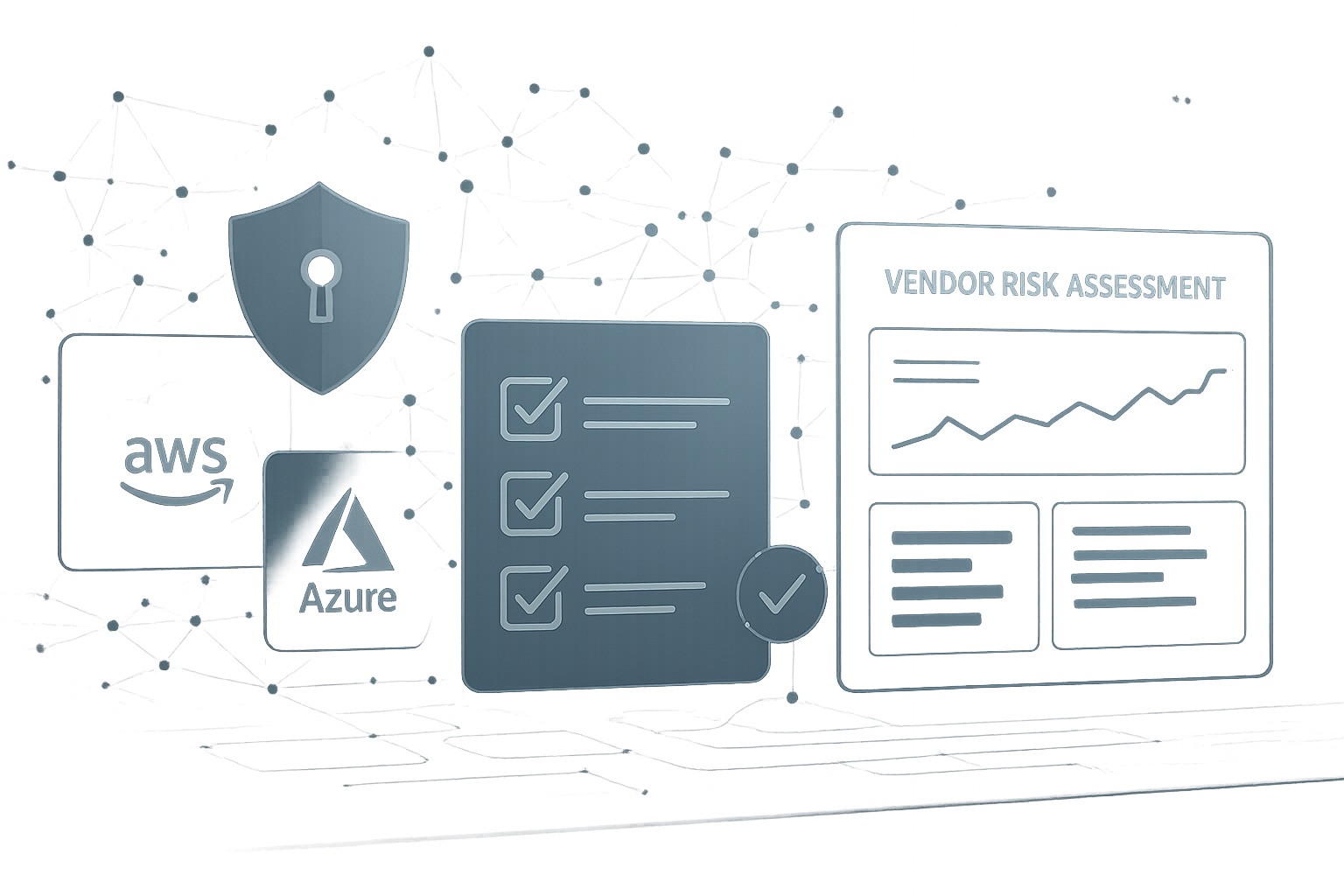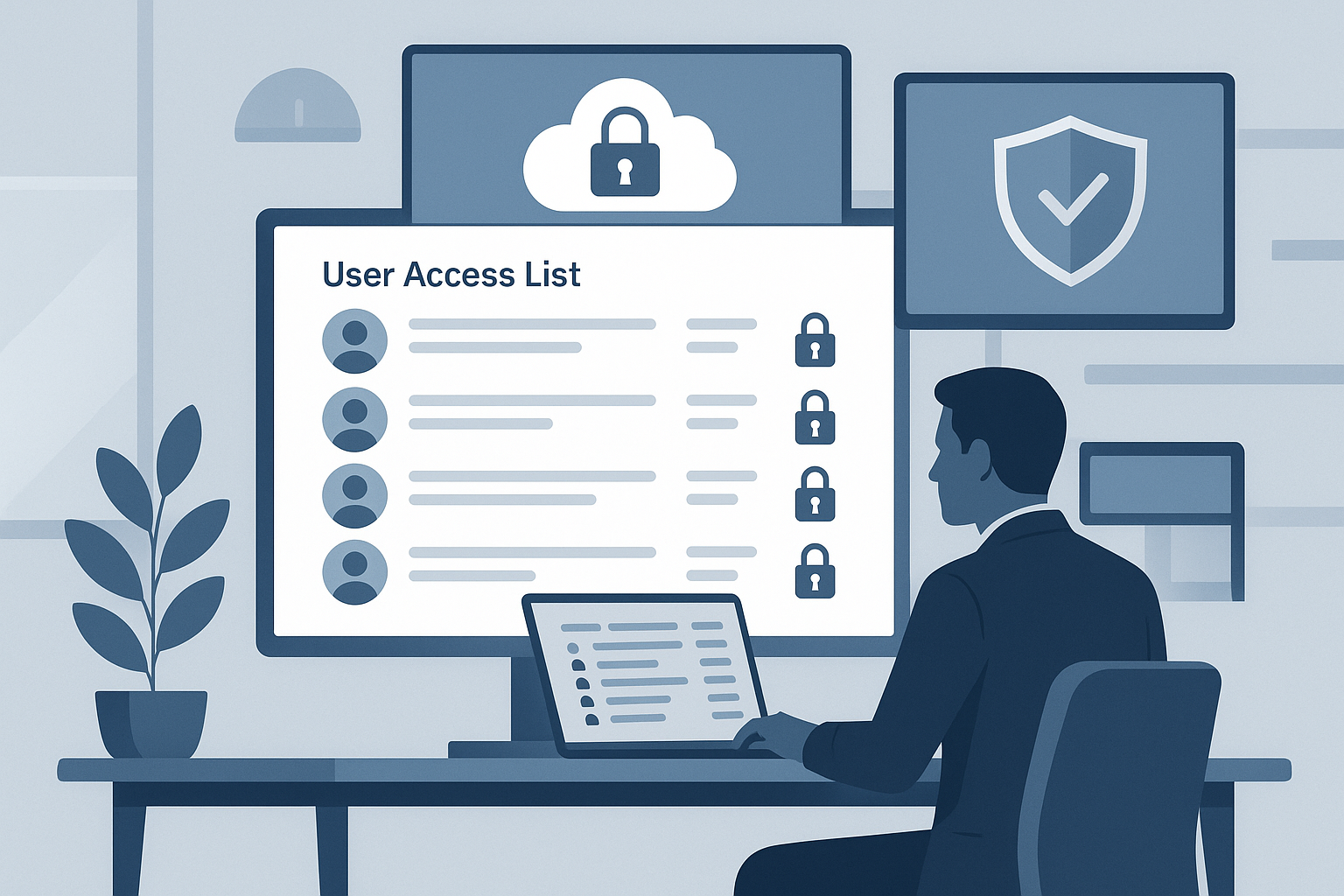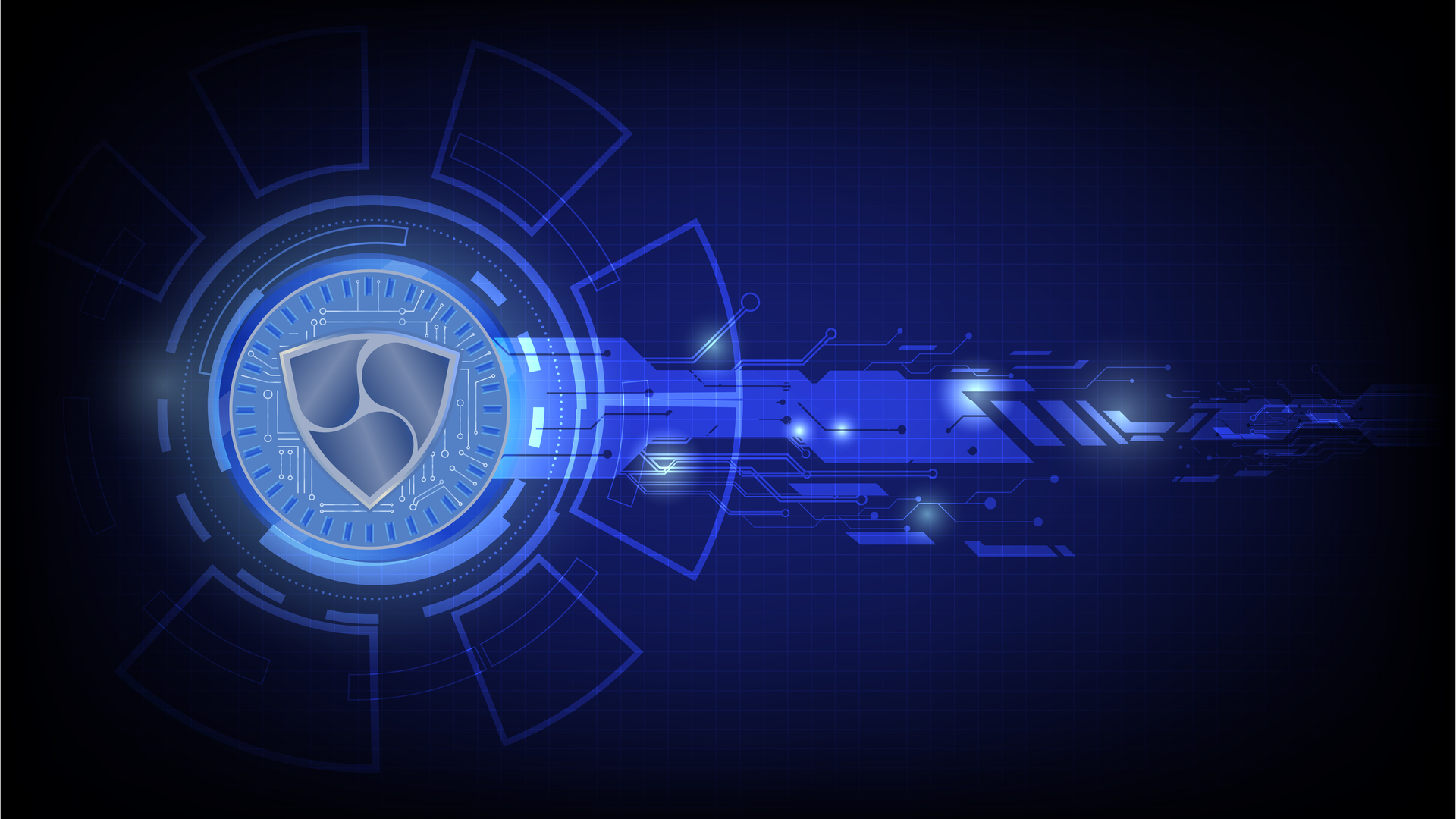TL;DR:
Why Follow Compliance Rules?
Cyberattacks are on the rise, costing businesses millions. Following a compliance framework can protect your business from big risks.
Small Businesses Are at Risk Too
61% of small businesses were hit by cyberattacks. Compliance isn’t just for big companies; it’s important for everyone.
Compliance Frameworks vs. Privacy Laws
- Frameworks (like SOC 2, ISO 27001) provide guidelines for keeping data safe but aren’t laws.
- Privacy Laws (like GDPR, PIPEDA, HIPAA) are legal rules that protect personal information.
Suggested Frameworks by Industry:
- Tech Companies: SOC 2, ISO 27001; follow GDPR, PIPEDA.
- Healthcare: SOC 2 with healthcare focus, HIPAA; follow HIPAA, GDPR.
- Finance: SOC 2, PCI-DSS; follow GLBA, GDPR.
- Government: CMMC, NIST; follow U.S. government privacy rules.
How to Start with Compliance
- Begin with privacy law requirements like GDPR or PIPEDA.
- Use a compliance tracker to prove your practices are in place.
- If you’re not sure where to start, we offer:
Compliance helps protect data, builds trust, and keeps your business safe.
Why should you Adopt a Compliance Framework Even if it’s not Required?
Data protection and security are now essential for business survival. As cyber threats continue to rise, so do the stakes for businesses to keep data secure. A recent study revealed that data breaches cost companies an average of $4.45 million USD per incident globally, with that number rising even higher in industries like healthcare and finance. Without a compliance framework, businesses are wide open to this escalating risk.
No Business is Safe
Small businesses may think they’re under the radar, but they can be prime targets. Some cybersecurity companies have shown that that 61% of their SMBs were hit with a successful cyberattack in 2022. While another survey in 2023 shows the average cost of a data breach for small and medium-sized businesses is approximately $2.98 million USD. Proactive compliance isn’t just for big companies; it’s essential for all.
What are these Frameworks and How are they Different from Laws?
Compliance frameworks like SOC 2, ISO 27001, PCI-DSS, CMMC and NIST serve as structured guidelines of industry best practices for protecting data and reducing organizational risks and vulnerabilities. These frameworks aren’t laws, but they provide structured steps to ensure sensitive information is secure. Following them strengthens a company’s reputation and resilience in the digital world.
Privacy laws like GDPR (General Data Protection Regulation), State mandated privacy acts like CCPA (California Consumer Privacy Act), PIPEDA (Personal Information Protection and Electronic Documents Act), and HIPAA (Health Insurance Portability and Accountability Act), establish mandatory minimum standards for handling personal information. These laws are legally binding for organizations that fall within their jurisdiction or handle data covered under these regulations.
Understanding Key Compliance Frameworks and Privacy Laws
Before diving into recommendations, let’s first define the core compliance frameworks and privacy laws that may apply to your business.
Privacy Laws:
- GDPR: Mandatory for organizations that process the personal data of EU residents, regardless of where the company is located. GDPR sets strict standards for data processing, transparency, and the rights of individuals to access and control their personal information.
- CCPA: Required for businesses operating in California or handling data of California residents, particularly those meeting certain revenue or data-processing thresholds. CCPA provides California residents with the right to know, access, and control the data businesses collect about them.
- PIPEDA: Enforced across Canada for organizations that collect, use, or disclose personal information during commercial activities. It mandates that businesses obtain consent and provide transparency on how personal data is handled.
- HIPAA: A U.S. law mandatory for healthcare providers and related entities that handle protected health information (PHI). HIPAA sets security and privacy requirements to protect sensitive health information.
- GLBA: The Gramm-Leach-Bliley Act (GLBA) regulates financial institutions in the U.S., requiring them to explain their information-sharing practices and protect customer data.
Each of these laws mandates a baseline level of protection for personal data, with requirements that organizations must meet to avoid penalties, maintain customer trust, and ensure data privacy and security.
Compliance Frameworks
- SOC 2: Focuses on managing customer data based on five “trust service principles”: security, availability, processing integrity, confidentiality, and privacy. It’s commonly used in technology and SaaS companies.
- ISO 2700: An international standard that provides requirements for an information security management system (ISMS), focusing on risk management and protecting sensitive data across industries.
- PCI-DSS: The Payment Card Industry Data Security Standard (PCI-DSS) applies to businesses handling card payments. It includes security requirements to protect cardholder data from breaches and fraud.
- CMMC: The Cybersecurity Maturity Model Certification (CMMC) applies to defense contractors in the U.S., ensuring they meet cybersecurity standards to protect federal data.
- NIST: The National Institute of Standards and Technology (NIST) provides a cybersecurity framework widely used by U.S. government contractors. It is also adopted by other industries to manage and reduce cybersecurity risks.
Next, we’ll break down some of the main factors that determine which compliance frameworks and privacy laws are best suited to your organization based on your data handling practices, industry, location, and goals.
Industry-Specific Compliance and Privacy Law Recommendations
Each industry has unique data protection requirements. Below, you’ll find recommended frameworks and privacy laws for various sectors.
Technology and SaaS
- Recommended Frameworks: SOC 2, ISO 27001
- Privacy Laws: GDPR, CCPA (or state specific privacy act), PIPEDA
Healthcare and Life Sciences
- Recommended Frameworks: SOC 2 (with healthcare controls), ISO 27001
- Privacy Laws: HIPAA (U.S.), GDPR (EU), PIPEDA (Canada)
Financial Services and Banking
- Recommended Frameworks: SOC 2, PCI-DSS, ISO 27001
- Privacy Laws: GLBA (U.S.), GDPR (EU), PIPEDA (Canada)
Government or Defense
- Recommended Frameworks: CMMC, NIST, ISO 27001
- Privacy Laws: U.S. government-specific privacy laws, GDPR if operating in the EU
Retail, eCommerce, and Consumer Goods
- Recommended Frameworks: SOC 2, PCI-DSS
- Privacy Laws: CCPA (U.S.), GDPR (EU), PIPEDA (Canada)
Compliance Framework Guidance
Now, let’s break down each compliance framework with specific conditions that might apply to your organization based on your data type, location, and sensitivity level.
SOC 2
SOC 2 is ideal for companies aiming to build customer trust and demonstrate robust data handling practices.
- Applicable Situations
- If you handle personal information (names, emails, phone numbers).
- If you’re a technology or SaaS provider needing a security framework to manage data responsibly.
- If you operate primarily in the U.S. or Canada.
- Example Industries: Technology, SaaS, eCommerce
- Applicable Privacy Laws: GDPR (EU), CCPA (U.S.), PIPEDA (Canada)
ISO 27001
ISO 27001 offers comprehensive security measures and is widely recognized for international compliance.
- Applicable Situations:
- For businesses managing sensitive or diverse data types.
- For companies operating globally or in regions requiring high data protection standards.
- Ideal for organizations handling both internal security and customer trust.
- Example Industries: Finance, Technology, Government
- Applicable Privacy Laws: GDPR (EU), PIPEDA (Canada), CCPA (U.S.)
HIPAA
HIPAA is required for healthcare providers and businesses dealing with medical information in the U.S.
- Applicable Situations:
- If you handle healthcare data daily and need to comply with **U.S. regulations**
- If you’re seeking to enhance your healthcare-specific controls under SOC 2 or ISO 27001.
- Example Industries: Healthcare, Life Sciences
- Applicable Privacy Laws: HIPAA (U.S.), GDPR (EU), PIPEDA (Canada)
PCI-DSS
PCI-DSS is essential for businesses handling payment card data, ensuring secure transactions.
- Applicable Situations:
- If you process credit card payments and handle sensitive financial information.
- If your primary compliance goal is payment data protection.
- Example Industries: eCommerce, Retail, Finance
- Applicable Privacy Laws: GLBA (U.S.), GDPR (EU), PIPEDA (Canada)
CMMC
The Cybersecurity Maturity Model Certification is required for defense contractors in the U.S. and any organization working with the Department of Defense (DoD).
- Applicable Situations:
- If you’re a defense contractor or handle sensitive government information.
- If you require a federal compliance framework for data security.
- Example Industries: Government, Defense Contracting
- Applicable Privacy Laws: Federal standards, GDPR (EU) if operating internationally.
NIST
NIST is widely adopted across industries for cybersecurity best practices, especially within the U.S. government sector.
- Applicable Situations:
- If you need to meet federal contract compliance.
- If your organization handles classified or sensitive data requiring advanced security.
- Example Industries: Government, Finance, Technology
- Applicable Privacy Laws: Varies by jurisdiction (GDPR, CCPA, PIPEDA)
How to Implement Compliance Frameworks and Privacy Laws
Getting started with compliance can feel overwhelming, but it’s okay to start small. For many businesses, focusing first on privacy laws (like GDPR, CCPA, or PIPEDA) is a great foundation. These laws set minimum standards that are essential for protecting personal data and meeting regulatory requirements.
If you already have measures in place to comply with privacy laws, the next step is to show proof of compliance. This means keeping records, tracking your data security practices, and ensuring that you can demonstrate compliance if audited. A compliance solution can simplify this process, helping you document and monitor everything in one place.
For those unsure where to start with implementing full compliance frameworks, a reliable solution like ProtechSuite can make all the difference. We offer a flexible approach to help meet your needs:
- Grab-and-Go Solution: A ready-to-use compliance tool that helps you quickly implement privacy laws and basic frameworks.
- Free Personalized Assessment: If you need guidance on the best path forward, book a free call with us. We’ll assess your unique requirements and recommend a personalized compliance strategy to help you meet your goals.
Whether you’re taking the first steps or ready for a full framework, we’re here to support you in building a strong, compliant, and resilient organization.









